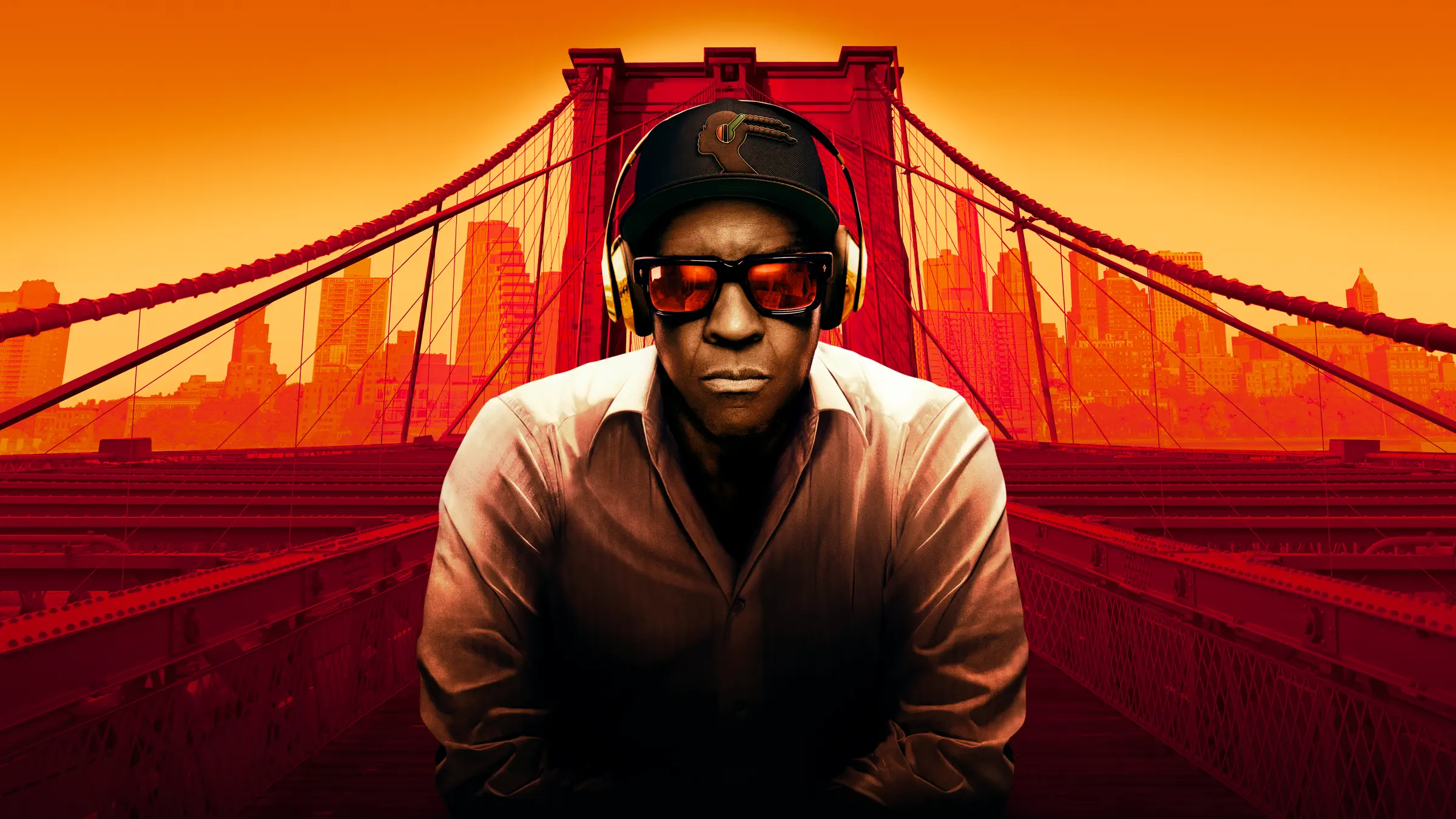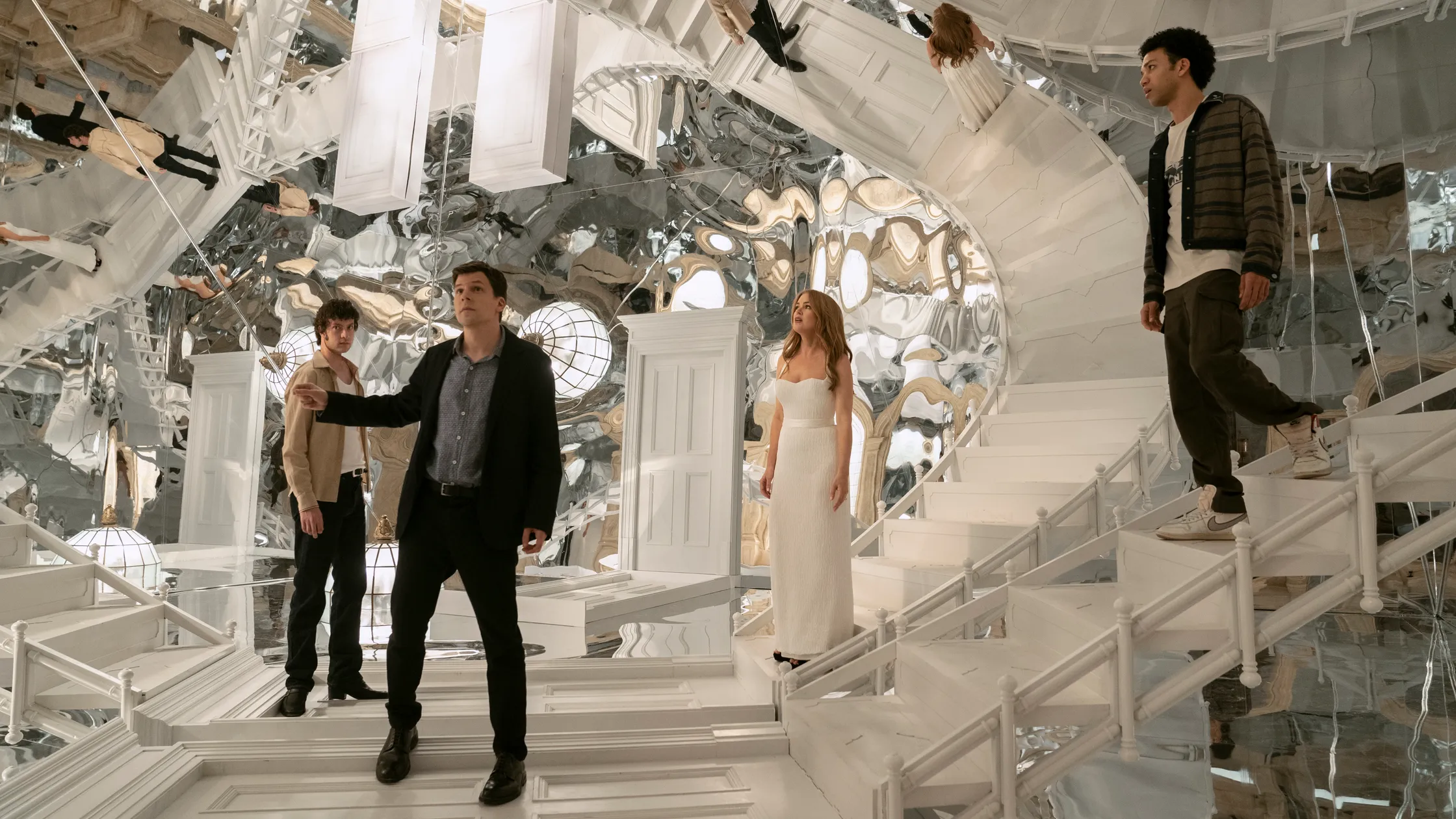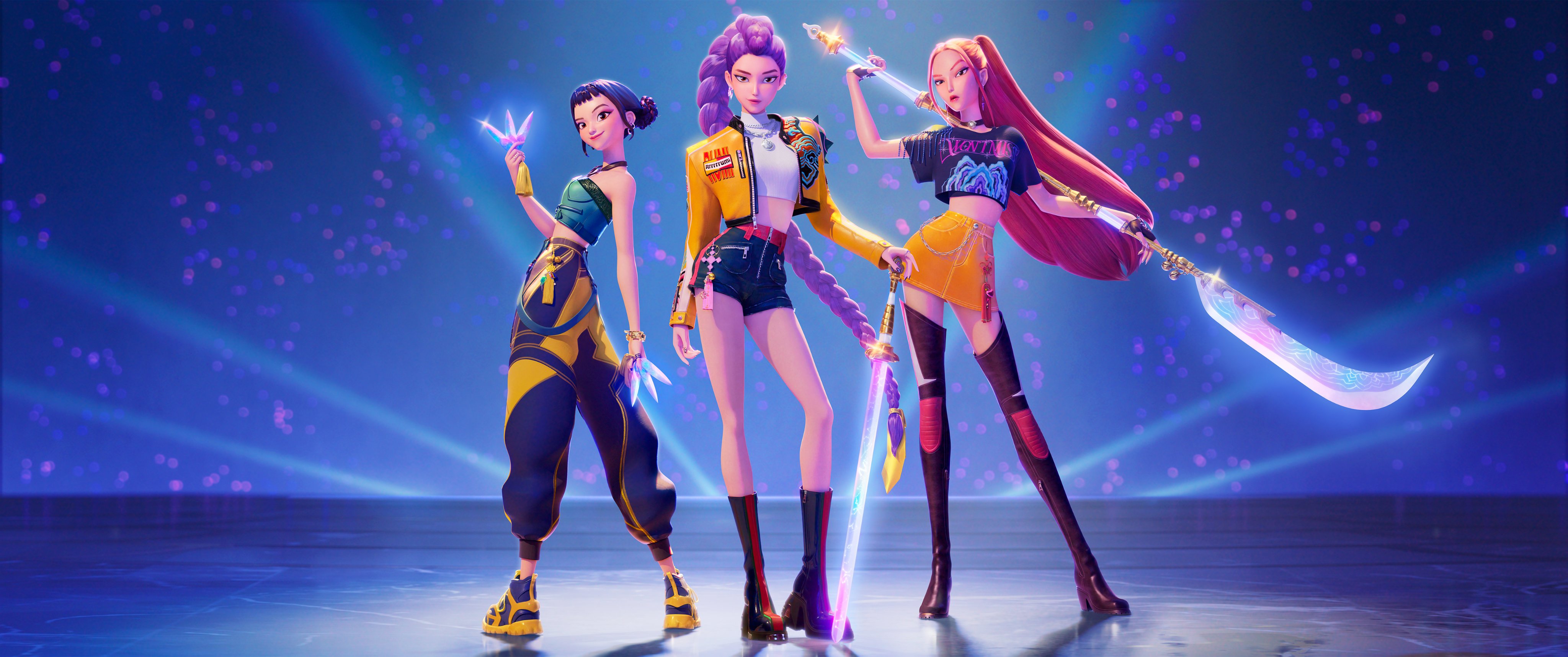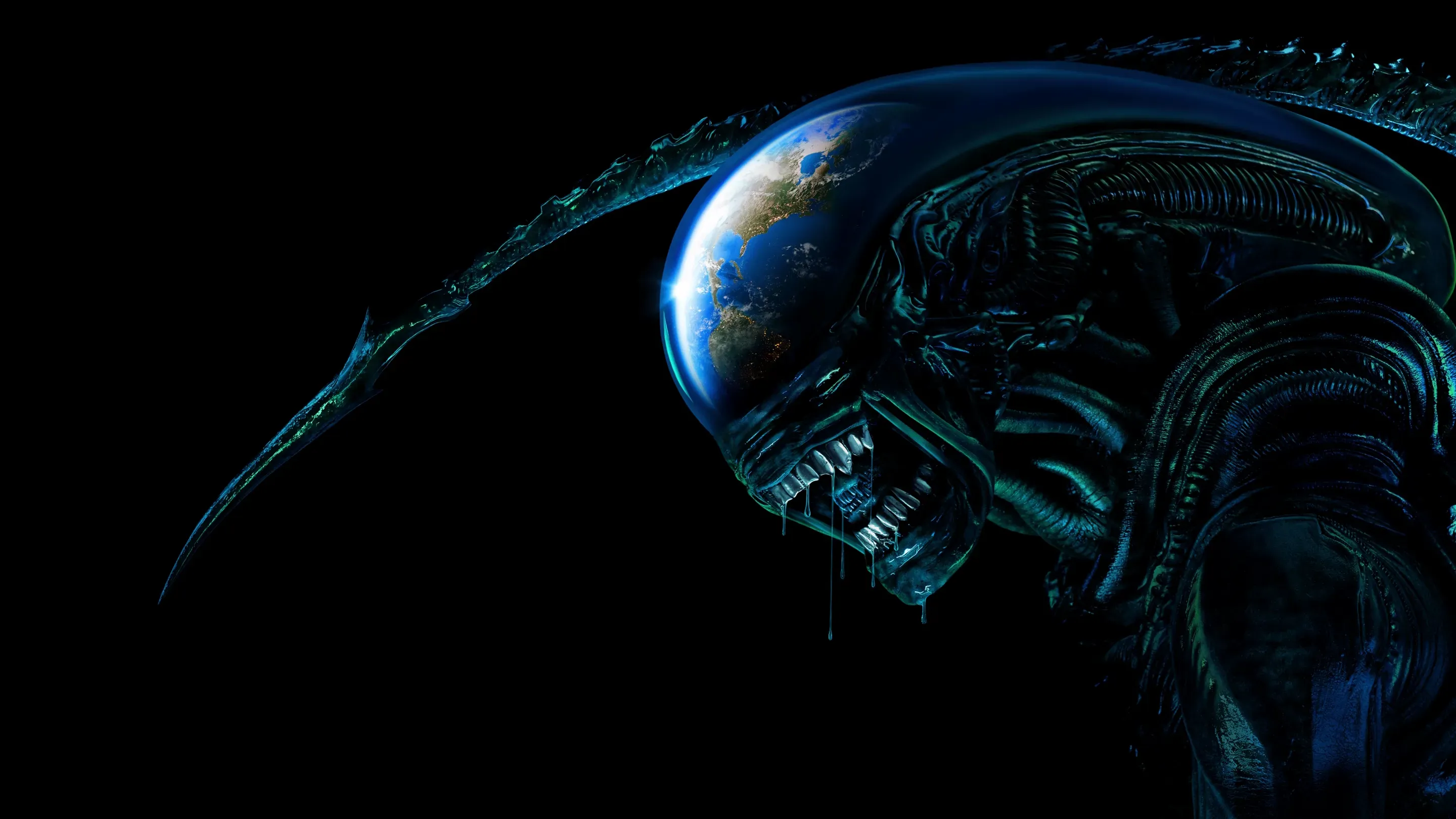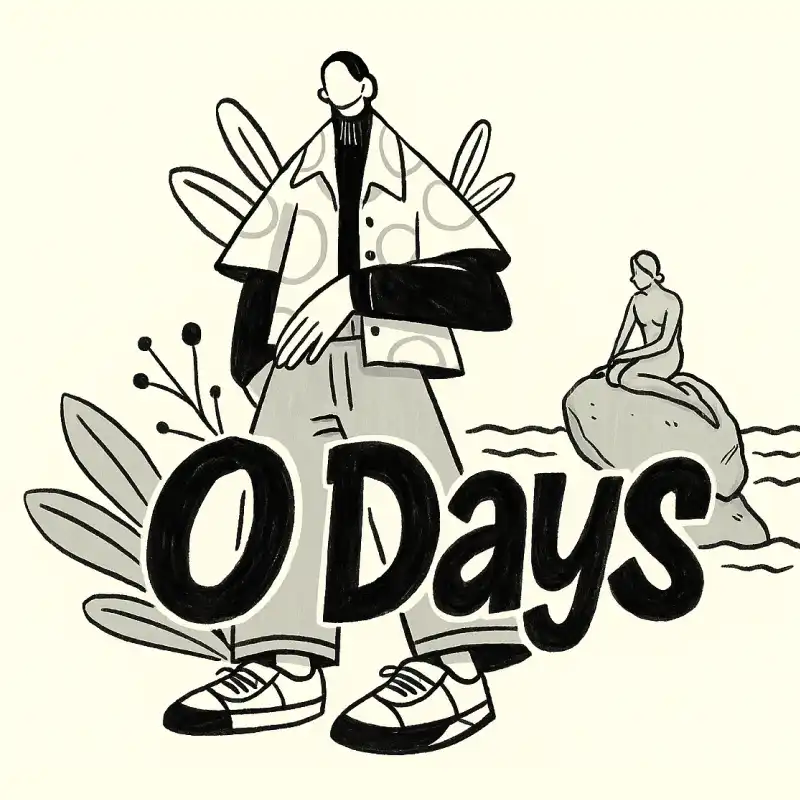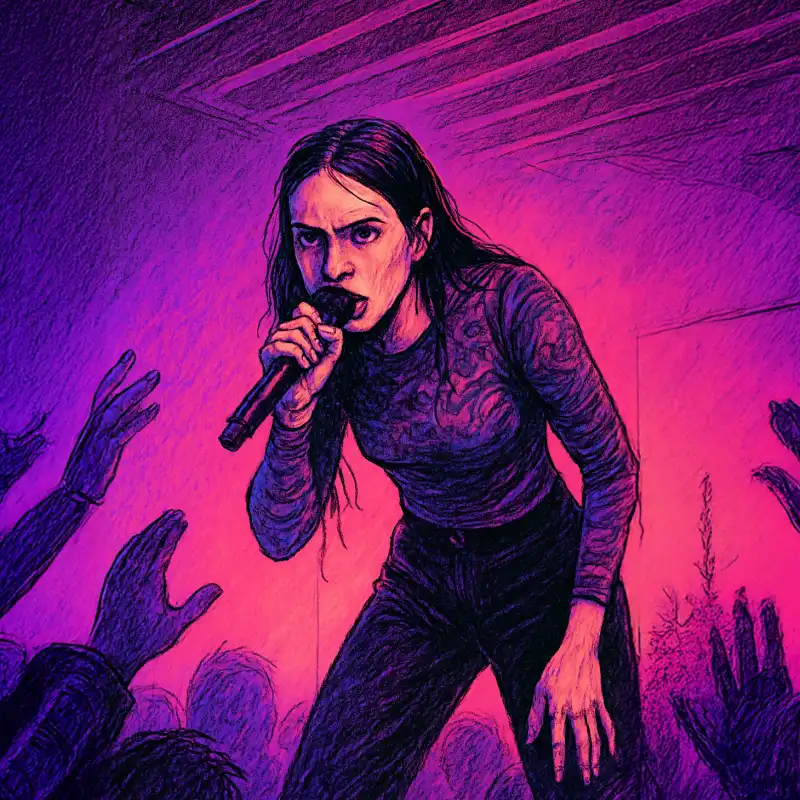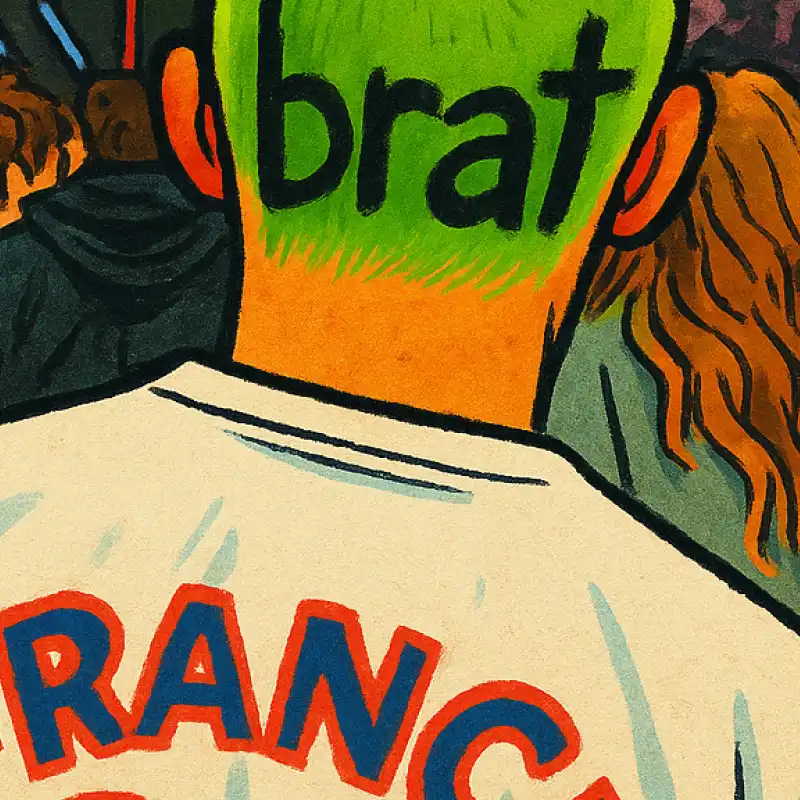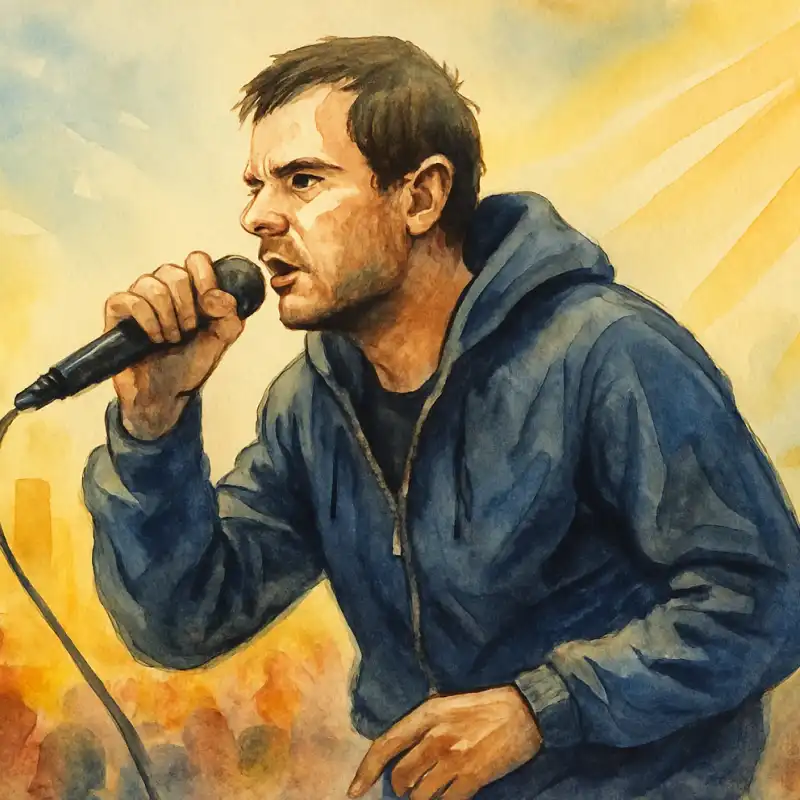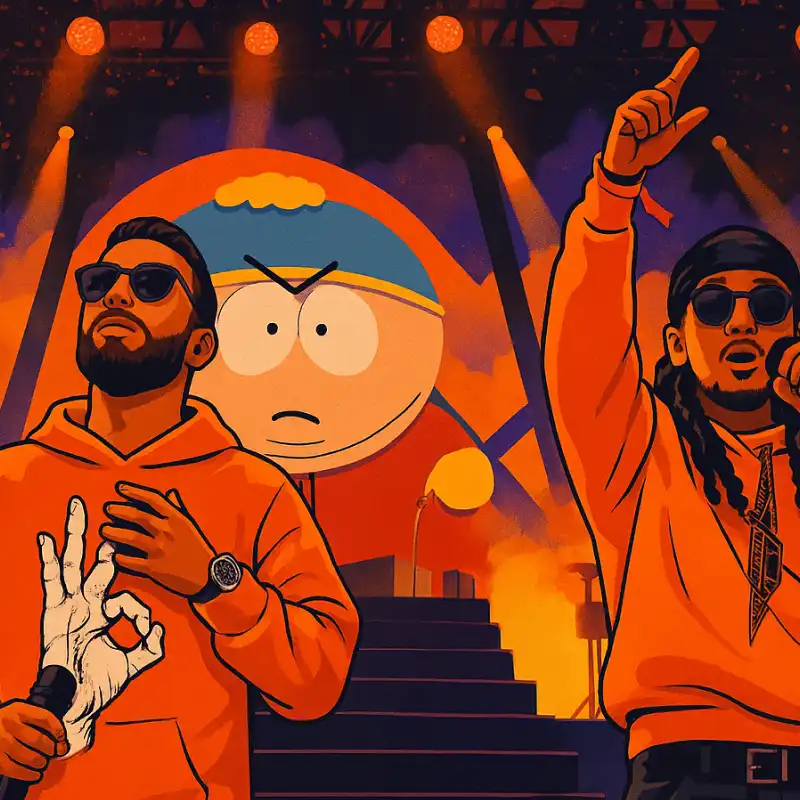I had really hoped that Spike Lee and Denzel Washington's first collaboration since Inside Man would be a comeback. But Highest 2 Lowest feels like a prestige project with amnesia -- a film that will be community commentary, thriller and music video all at once. And loses himself in the attempt.
One star
Two stars
Three stars
Four stars
Five stars
Disclaimer: Apropos Magazine received access or a review copy. As always, we share our own impressions — unfiltered.
Six stars
On paper, Highest 2 Lowest looks like a blockbuster. A remake of Kurosawa’s High and Low. A $25-million budget. A cast that reads like a Billboard lineup: Denzel, A$AP Rocky, Ice Spice, Princess Nokia.
That’s on paper.
In reality, it feels like a prestige drama pushed through a TikTok filter and served with sentimental violins. Ninety percent of the film is drenched in what can only be described as soap-opera music with swagger. Every moment insists on its own importance — even when someone’s just sipping coffee. Handshakes and high-fives play out in slow motion, as if Spike Lee wants to make sure we catch the symbolism.
We do, Spike. Twice.
The story re-imagines Kurosawa’s moral fable of class and conscience in modern-day New York. Denzel Washington plays King Giddens, a fallen music mogul whose son and godson are kidnapped by A$AP Rocky — a rival rapper out for revenge on the system, or maybe just chasing streams.
The kidnapping tension evaporates in minutes. Instead of suspense, we get a music video pretending to be a plot — one victim sitting in a bathtub while a rap track drowns out the dialogue. It’s so on-the-nose that you instantly know: you’re supposed to listen to the beat, not the story.
Jeffrey Wright, as Giddens’ right-hand man Malik, gives a magnetic performance with nothing to hold onto. He’s a reformed ex-con turned Muslim convert, treated less like a man than a metaphor. Prayers, recitations, repetition. What should have been moving lands like a civics class for hung-over teenagers. Wright brings gravitas and grace, but even he turns cartoonish in a film that shouts when it should whisper.
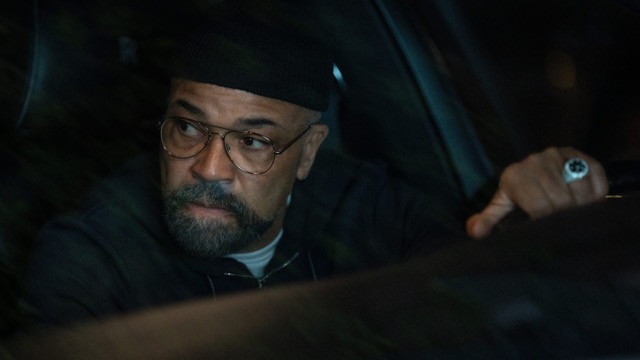
There are flashes of what could have been. Denzel alone in a car, the city closing in, shadow-boxing with himself. You almost believe it — until, cut, A$AP Rocky bursts into a rap sequence with a moral straight out of Sesame Street.
You want to call it satire. It isn’t. Just the attempt at one.
At one point I honestly thought the movie had turned into a hip-hop version of A Christmas Carol. It looks like a Christmas film without snow — but with everything else: redemption, forgiveness, and a villain in a tailored suit. There’s no doubt who the bad guy is. He’s white, well-dressed, and says: “All these new rappers sound the same to me.”
Ironically, it’s the truest line in the film.
The issue isn’t the idea — it’s the execution. Like if your dad decided to direct a movie about American hip-hop culture after watching three episodes of Empire and hearing HUMBLE. once. Caricatured, overproduced, yet strangely hypnotic. You can feel the ambition. Somewhere on the cutting-room floor lies a better film.
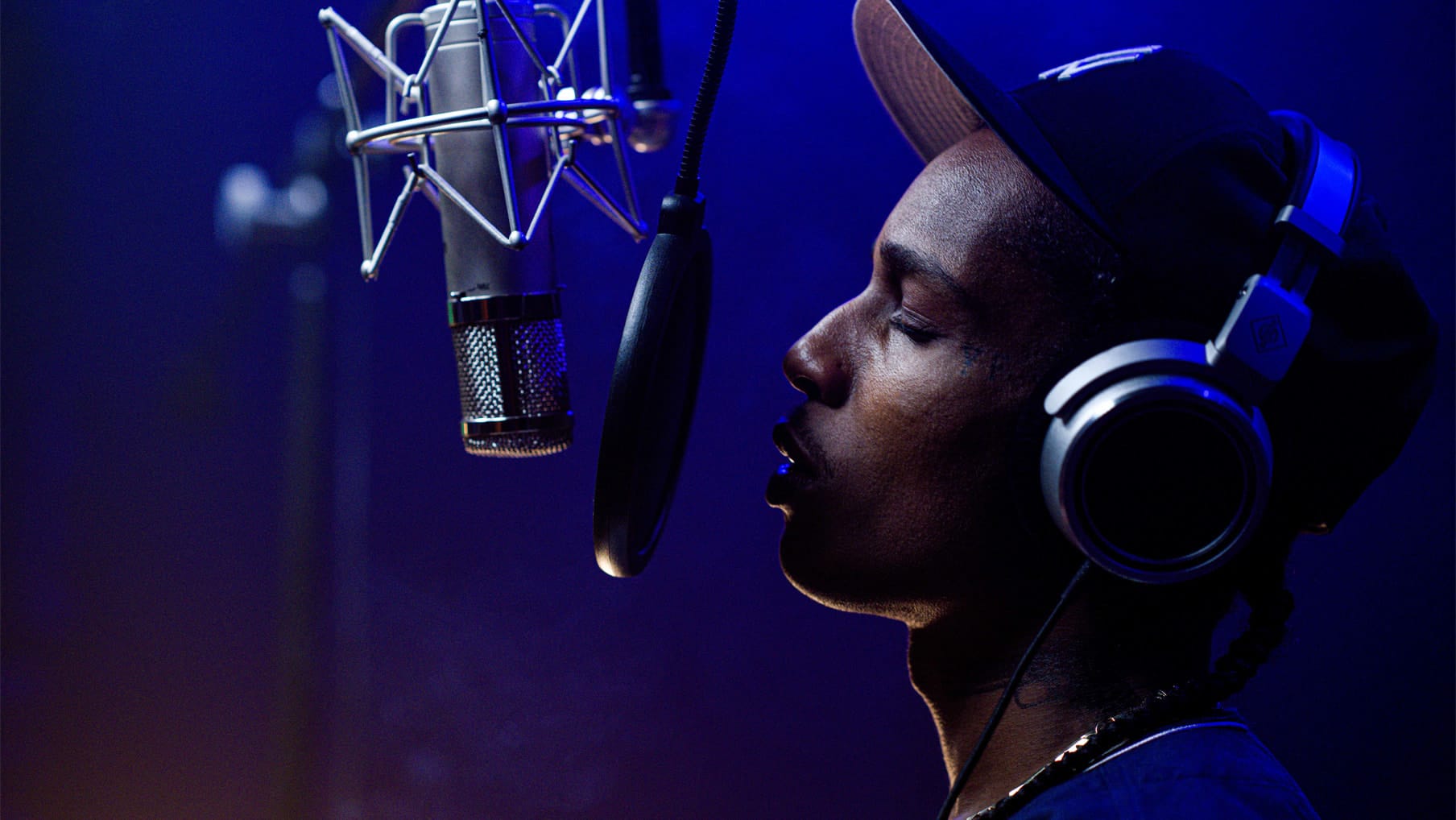
Denzel still plays like he’s chasing another Oscar — and that’s what hurts: he believes it.
The movie keeps trying to find its rhythm — the very thing it loses. It wants to be The Wire, but ends up Empire. It wants to be 8 Mile, but feels like Pitch Perfect 3. Maybe Spike Lee accidentally made his own meta-commentary on how America tells its stories in stereotypes. Or maybe he just lost the fight to his own soundtrack.
Either way, you can sense the 3 a.m. panic: “Should I have cut the rap-battle scene?”
It’s hard not to smile and sigh at the same time. Highest 2 Lowest wants so badly to matter — but ends up trying to high-five its own reflection. Twice.
Afterthought:
The most fascinating thing about Highest 2 Lowest is how earnestly it wants to say something about class, faith and music — yet mirrors everything it tries to critique. It wants to feel raw and real, but every frame is choreographed. It wants hip-hop as heartbeat, but uses it as wallpaper. And maybe that’s what makes it so American at its core: the urge to tell the story of the underclass — with a $25-million camera.
Spike Lee still has something to say. He just doesn’t trust us to hear it without a bassline under every word.


